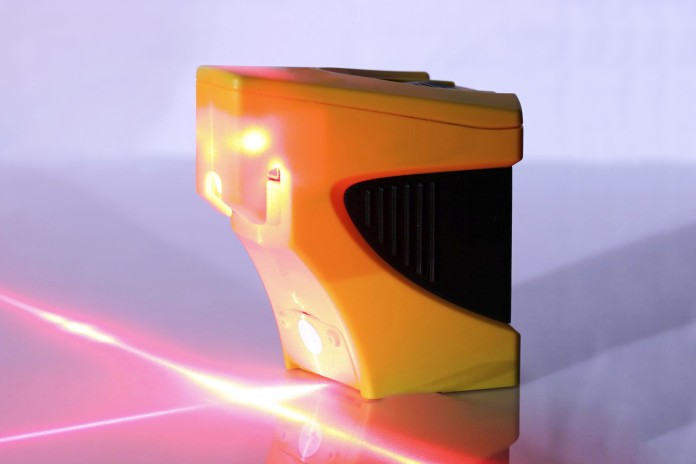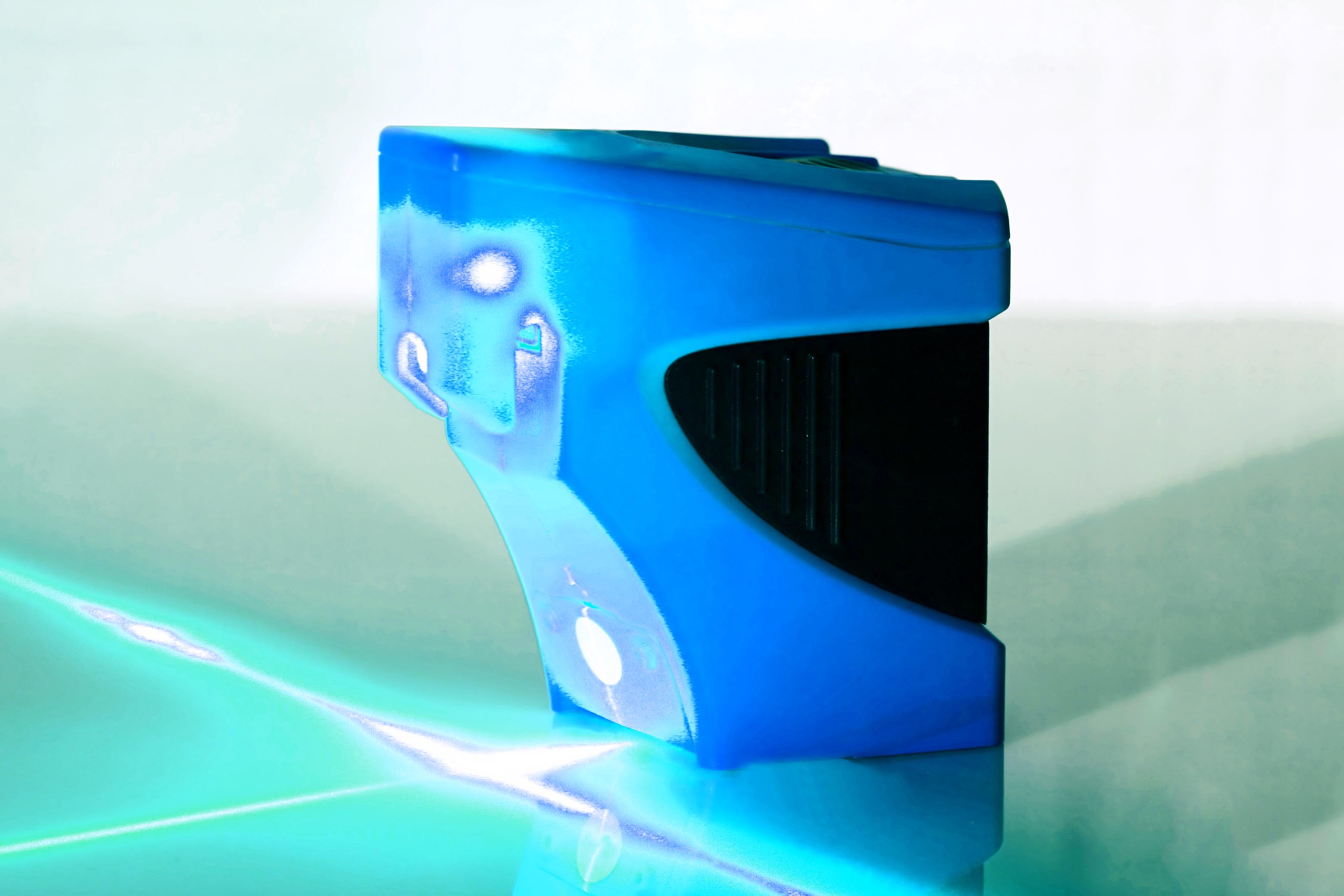
Lasers Can Be Hot and Cold, Too
One wouldn’t think that lasers, which typically produces heat, would be able to cool water. However, researchers brought out the very first instance of a laser beam of light being used to reduce the temperature of water or similar liquids, such as saline solution, by 36 degrees Fahrenheit. The breakthrough might help industrial digital programmers factor temperature in tiny locations, for example in microprocessors, to stop particular components from getting too hot.

University of Washington Makes Water Cooler with Lasers
The refrigeration by lasers was developed by a team of scientists at the University of Washington, led by Peter Pauzauskie, an Assistant Professor of Materials Science and and Engineering. The team used an infrared laser to excite electrons in a single tiny crystal suspended in water. This produced a distinct type of glow that had slightly more energy than the amount of light absorbed. As a result, the higher-energy radiance brought heat away from the crystal and so the surrounding water cooled.
While this breakthrough was first exposed back at Los Alamos National Research laboratory back in 1995, this is the first time cooling through lasers is done in vacuum conditions. The University of Washington’s innovation notes the very first time the procedure has actually been shown applied to day-to-day problems.
Refrigeration though Lasers Could Be Hitting Appliances Soon Enough
Throughout the experiment, the UW team utilized a more economical option to growing laser crystals: a low-priced hydrothermal process that can be made use of to manufacture a laser crystal for laser refrigeration. Additionally, the group created a tool that utilizes a laser hold to “hold” a single nanocrystal surrounded by fluid as well as brighten it with the laser.
The research study, which was funded by the Air Force Office of Scientific Study as well as UW, was released this month in the Proceedings of the National Academy of Sciences.

















